Getting approved for a mortgage can be a perplexing process, full of financial jargon, paperwork and potential missteps. To ensure that your application is successful and that you get the best terms, make sure to avoid common mistakes when applying for a mortgage. From understanding credit scores and income requirements to making sure you’ve filled out all required paperwork correctly, there are several aspects to remember when navigating the mortgage application process. Read on to learn some of the most common mistakes made when applying for a mortgage and how to avoid them.
Not having a good credit score
The first mistake to avoid when applying for a mortgage is not knowing your credit score. Your credit score is a numerical representation of your creditworthiness and most lenders use it to determine your eligibility for a mortgage. A higher credit score means lower interest rates and vice versa, so it’s important to know where you stand before applying. To get an accurate assessment of your credit, obtain a copy of all three of your credit reports – Equifax, Transunion, and Experian – and check for any errors you’ll need to dispute.
It’s also important to understand the components of your credit score. Most credit scoring models factor in payment history, amounts owed, length of credit history, accounts opened, and type of credit used. If you see anything on your report that you don’t recognize, do your due diligence and contact the creditor for an explanation. Before submitting a mortgage application, consider the ways you can improve your credit score, such as paying off credit cards and limiting account openings.
Finally, it’s important to remember that applying for a mortgage will result in a hard inquiry on your credit report, which can negatively impact your credit score. This is why it’s important to shop around for mortgage lenders, so you don’t have to apply with several different institutions and negatively impact your score. Additionally, if you’re applying with a joint borrower, make sure to check both of your credit scores, so you can make an educated decision about who should be listed as the primary applicant and who should be listed as the co-applicant.
Not having a sufficient down payment
The second mistake to avoid when applying for a mortgage is not planning for a sufficient down payment. A down payment is the money you put towards the purchase price of the home and is a must-have unless you’re applying for a no-down-payment loan. Most lenders require a minimum of 5% to 20%, but you’ll want to put more down if you’re able in order to lower your monthly mortgage payments.
It’s important to know the types of down payments that are allowed and there are several options to consider. You may opt to use money you’ve saved up, inheritance money, or something called a “gift funds” where a person or institution makes a donation to help you cover the down payment. It’s important to disclose any gift funds as a large cash deposit can look suspicious and can hurt your chances of being approved.
The down payment isn’t the only cost to consider when planning for your mortgage. You’ll also have to account for closing costs, which cover fees and prepaid items. These tend to average around 2-5% of the purchase price, but it’s best to talk to your lender to get an accurate estimate of your expected closing costs.
It’s also important to factor in monthly maintenance costs. These costs go beyond the monthly mortgage payments, and it’s important to make sure you’ll want to able to keep up with all of your financial obligations. Taking the time to plan ahead and researching your options will give you peace of mind and put you in a better position to get approved for a mortgage.
Not providing complete and accurate information on your mortgage application
The third mistake to avoid when applying for a mortgage is not providing complete and accurate information on your mortgage application. It’s important to be honest and thorough when filling out your application, as incomplete applications can cause delays in the approval process. Make sure to provide valid and accurate information, such as your full name, address, and Social Security number. All debts and monthly expenses should be accurately reported and you should provide complete information on all employers you’ve listed in the past two years.
In addition to valid and accurate information, it’s also important to consider the timing of the information you’re providing. Make sure to check that all the information you’ve provided is valid at the time of application. For example, make sure your employer hasn’t changed recently, or that you haven’t changed your address in the months leading up to the application.
Finally, it’s important to provide all the relevant documentation to the lender. This includes your tax returns for the past two years, as well as bank statements and pay stubs. Make sure to provide clean and clear documents that are scannable in order to avoid any delays in the approval process. By providing all the right documents and accurate information, your lender will be able to efficiently process your application and have the best chance of approving your loan.
Not shopping around for the best mortgage rate
The fourth mistake to avoid when applying for a mortgage is not shopping around for the best rate. Mortgage interest rates can vary greatly from one lender to the next, so it’s important to compare and contrast each lenders’ terms. Additionally, it’s important to shop around within a specific time frame, as interest rates can fluctuate and change from day to day.
When shopping around for the best rate, it’s important to consider more than just the interest rate. Other aspects to look at include points, closing costs, lock-in periods, and pre-payment penalties. You may find that the lender with the lowest interest rate may not offer the best terms overall. Take the time to compare these different elements and make sure to choose the right mortgage for your specific situation.
It’s also important to consider lenders aside from your local bank or credit union. You can shop around with several different types of lenders, such as community banks, credit unions, and online lenders. Don’t be afraid to consider lenders from outside of your immediate area, as many of them will allow you to apply online from the comfort of your own home. Once you’ve compared terms from several lenders, it’s in your best interest to negotiate with the option you’ve found to be the most appealing.
Finally, keep in mind that you can always refinance down the road if you’ve chosen a more expensive option. But, it’s important to take the time to shop around and find the best deal upfront. Make sure to ask a lot of questions and gather information about each lender before making a choice. Taking the time to make the right mortgage decision can save you a lot of money down the road.
Not considering the total cost of homeownership
The fifth mistake to avoid when applying for a mortgage is not considering the total cost of home ownership. While the cost of the mortgage payment is obviously the main expense, there are several other costs to consider when budgeting for homeownership. These include property taxes, homeowners insurance, homeowner’s association fees, utilities, and any needed repairs or renovations.
It’s important to consider these expenses when applying for a mortgage and compare them to your current rent. To get a good understanding of the total cost of homeownership, some lenders will provide amortization schedules that detail all the costs and payments associated with the loan. This document can come in handy when estimating a budget and can also be used to compare different loan options.
It’s also important to consider the long-term financial implications of taking on a mortgage. Look at factors such as what impact the interest rate will have on your monthly expenses, as well as how long it will take to pay off the loan. Additionally, if you decide to move in the future, consider any potential costs associated with selling or refinancing the home.
Finally, remember to think about what type of lifestyle you’ll be able to maintain as a homeowner. Make sure you have a solid financial plan in place and have budgeted for your desired lifestyle. Taking the time to consider the total cost of homeownership will help you make the most informed decision when applying for a mortgage.







